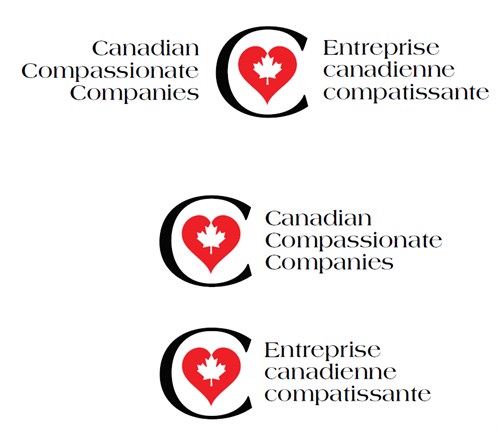Related document: News Release: Canadian Compassionate Companies
Introduction – Accommodating caregivers in the workplace:
Over 260,000 Canadians die each year which can include being supported by as many as five caregivers in the last year or two of life. Supporting these caregivers or “carers” is important for the patient, their family, friends, and community – and for Canada in general. Employers have an important role to play in supporting these caregivers.
A caregiver is an individual who provides ongoing care and assistance, without pay, for family members and friends in need of support due to physical, cognitive, or mental health conditions. According to the 10th Annual Health Care in Canada Survey: A national survey of health care providers, managers, and the public, 2007, 23% of Canadians said that they had cared for a family member or close friend with a serious health problem in the last 12 months. As well, adverse effects on the well-being of carers include: using personal savings to survive (41%) and missing one or more month of work (22%).
There is strong and growing evidence that access to a palliative approach to care, combined with treatment, leads to better outcomes for persons and their family caregivers, including: improvement in symptoms, quality of life and patient satisfaction; less burden on caregivers; more appropriate referral to and use of hospice; and less use of intensive care.
What can you do?
Companies need to recognize that employees may occasionally require more time off from work than is strictly accommodated by their regular leave policies in order to provide care or support to specified family members who are gravely ill and terminally ill with a significant certainty of death within twenty-six (26) weeks.
The average number of hours per week that Canadians expect needs to be provided to ensure proper care for a dying family member is 54.4. In 2013, expectations of commitment have increased. More Canadians in this year expected that proper care will require two or more days of commitment each week (73%) compared to 10 years ago (59%). An Ontario study determined that a majority of palliative care clients were cared for primarily by a spouse or their children/children-in-law.
Why are Human Resource (HR) policies important? About the Compassionate Care Benefit (CCB)
According to the Government of Canada, compassionate care benefits are Employment Insurance (EI) benefits paid to people who have to be away from work temporarily to provide care or support to a family member who is gravely ill and who has a significant risk of death within 26 weeks (six months). A maximum of 26 weeks of compassionate care benefits may be paid to eligible people.
It is a very stressful and difficult time when a loved one is dying and/or near death. The financial security of an employee’s family may be jeopardized while caring for a gravely ill family member.
The Government of Canada has extended the current CCB from 6 weeks to 26 weeks so that employees do not have to choose between keeping their job and caring for their family. It is important to note that provincial labour laws still need updating.
What makes a Canadian Compassionate Company (CCC)?
The Canadian Hospice Palliative Care Association and its Champion’s Council will award the designation of a CCC if your company meets at least three out of five of the following criteria:
- Your company has a HR policy that lays out a Companionate Care Leave Benefit (CCLB) endorsing the job protected family medical Employment Insurance benefit currently at 26 weeks.
- Your employees’ jobs are protected while they are off on the CCLB program.
- Compassionate Care leave could provide employees with income top-up of benefits over and above the job protected family medical EI benefits leave offered through the provinces and the Federal EI program.
- Your company has a caregiver accommodation policy that allows for support and flexibility within economic reason.
- Your company will promote Advance Care Planning (ACP) using resources and tools at www.advancecareplanning.ca or create their own materials.
A CCC designation enables you to advertise yourself as a CCC including use of the Canadian Compassionate Company logo.

Companies can apply on CHPCA’s website
For media enquiries contact:
Kelly MacLaren
Development & Partnership Officer
Canadian Hospice Palliative Care Association (CHPCA)
T: (613) 241-3663 ext. 224
[email protected]
